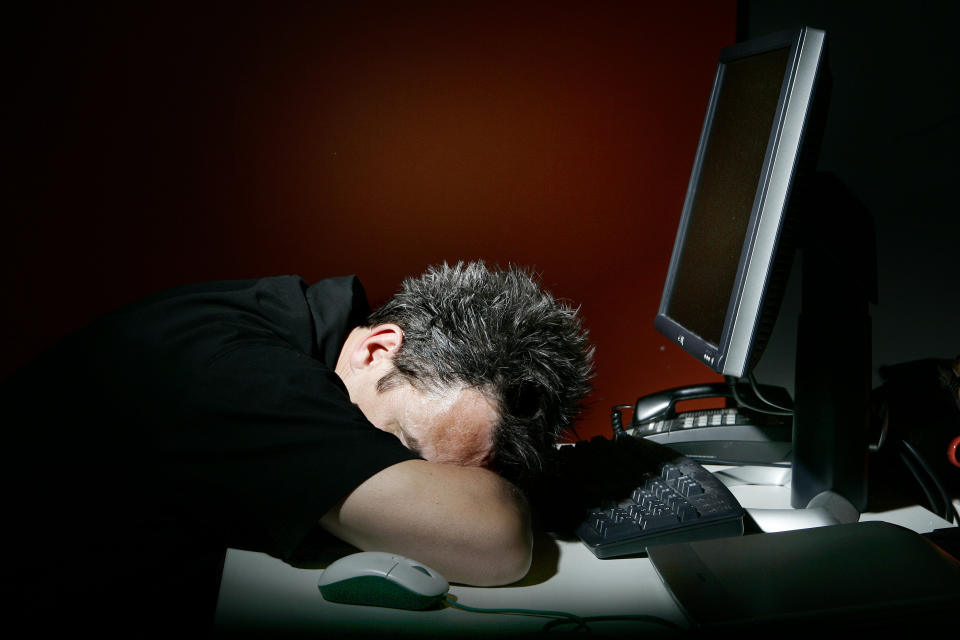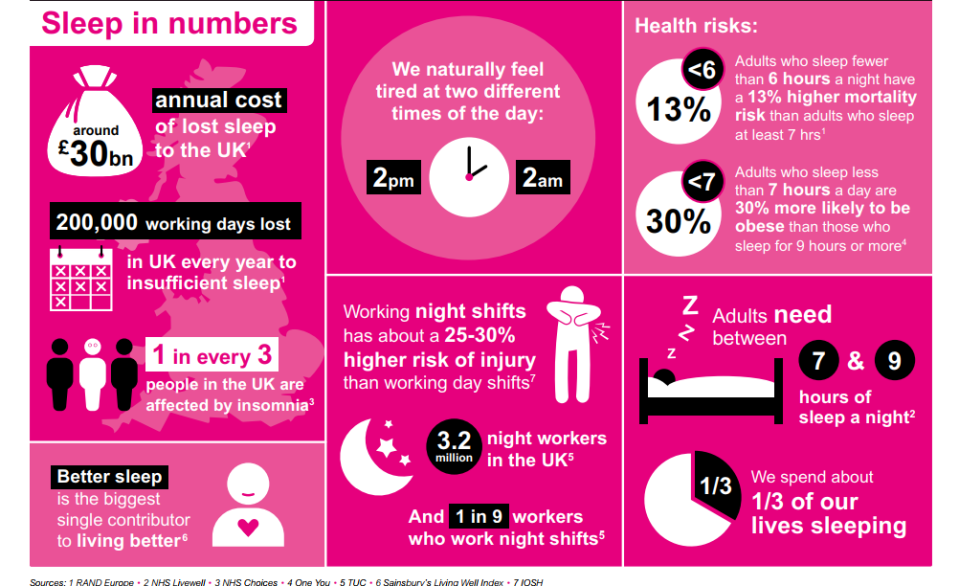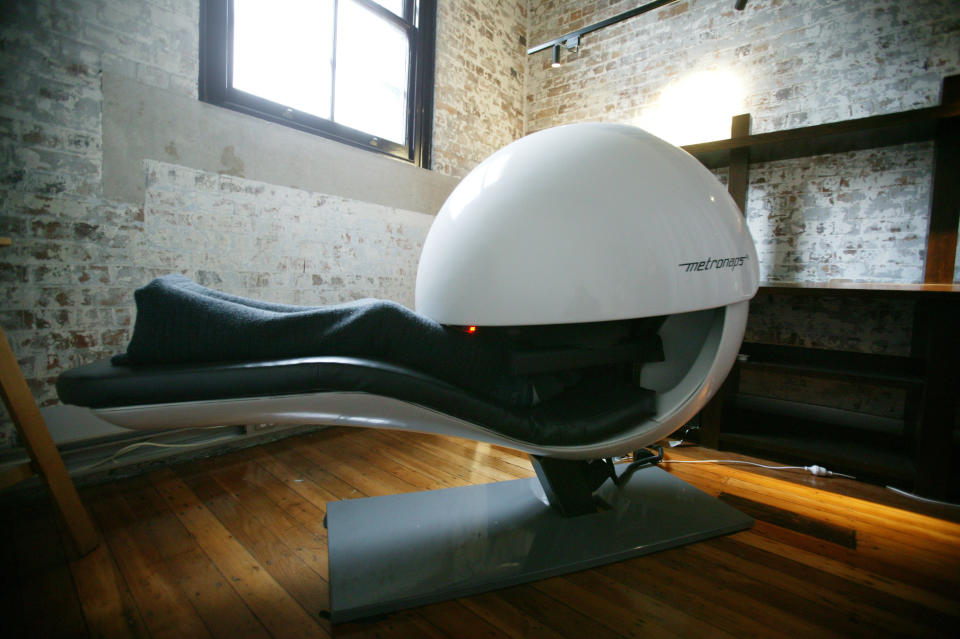Dream on: bosses given toolkit to help staff learn to sleep better

A tired workforce is an unproductive workforce, so employers should provide quiet zones in the office to help staff switch off for a while.
New guidance indicates that allowing staff time to unwind from the pressure of the daily grind will aid their sleep quality later in the day.
If they can get a better night’s slumber then that, in turn, will result in a more refreshed, alert and focused worker the next day.
Employers’ organisation Business in the Community and Public health England have co-produced the first ever sleep and recovery toolkit aimed at all employers.
It consolidates the best evidence and employer practice and is aligned with the best freely available resources, offering potential for productivity improvements and greater staff engagement.

The BIC said it was time for employers to wake up and recognise the importance of sleep.
It said the annual cost of sleep loss to the UK economy is £30 billion, with 200,000 working days lost each year owing to insufficient sleep.
Managers should be encouraged to ask staff about their sleep habits and be trained to spot signs of sleep deprivation, says its guidance.
MORE: This is the formula for getting the perfect night’s sleep
It also urges bosses to leave their staff alone outside of work – that means stop sending non-urgent emails during the evening which many staff may feel compelled to address rather than relaxing.
Some employers, such as Google and Facebook, have already gone one step further by installing sleep pods in offices where workers can take a power nap during the day.
Various studies have shown the benefits to both workers and the companies they work for of grabbing 40 winks during the day to power on through the afternoon.

While the BIC and PHE guidance does not go that far, it does encourage employers to offer “quiet spaces for rest and relaxation where employees can switch off from work for a period”.
Employers could also consider “sleep audits” to see if staff are getting proper rest and be ready to offer advice on getting better quality sleep – such as turning off gadgets in the bedroom to reduce light.
MORE: The top 20 ways Britons slack off at work
The EEF, the manufacturers’ organisation, said sleep was emerging as a “hot topic” for employers with many now recognising sleep quality as having the “strongest influence on wellbeing”.
A spokesman added: “The 24/7 digital economy has brought us many good things, creating jobs and prosperity.
“But the downside is that we are on the go, all the time. The dividing line between our work and our life outside work has blurred. In a connected society, we are always switched on.”

 Yahoo Finance
Yahoo Finance 
